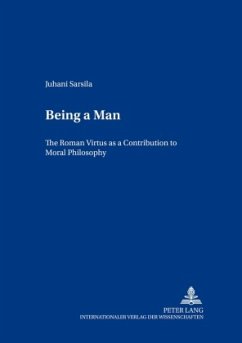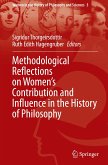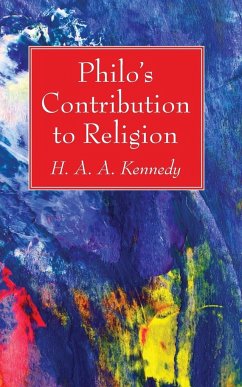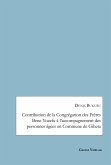This study approaches virtus as a moral value concept. The author argues that it is only through conceptual analysis that the meaning and value of virtus are given adequate illustration, and that philology should be regarded as a part of practical philosophy. The study covers Roman literature from the beginnings until Livy. During the Roman Republican Age, virtus was considered a man's contribution to his society and state, in terms of collectivism. Virtus ('manliness') was thought to be more real than any of its particular and transitory representations, i.e. individual male citizens. On the other hand, as an existentialist value concept, virtus at a relatively early stage denoted a man's intrinsic or ontic value or his true self, without regard to any worldly success whatsoever. The final analysis shows that virtus ('virtue') is congruous with or even synonymous to individualism. This book also presents a contribution to gender studies from the standpoint of a man.
Bitte wählen Sie Ihr Anliegen aus.
Rechnungen
Retourenschein anfordern
Bestellstatus
Storno








